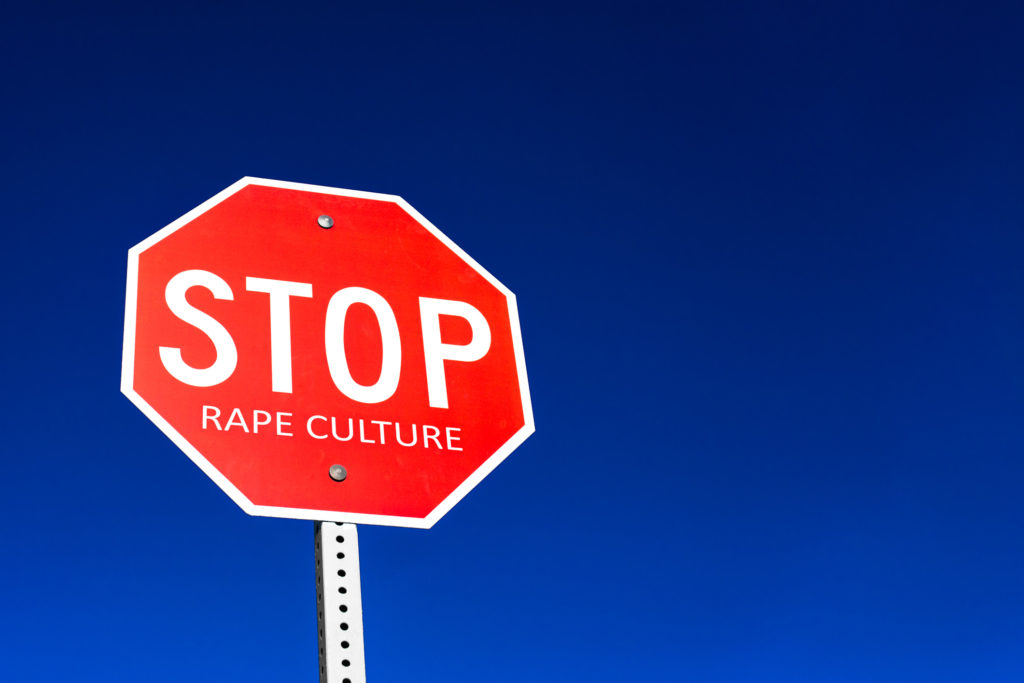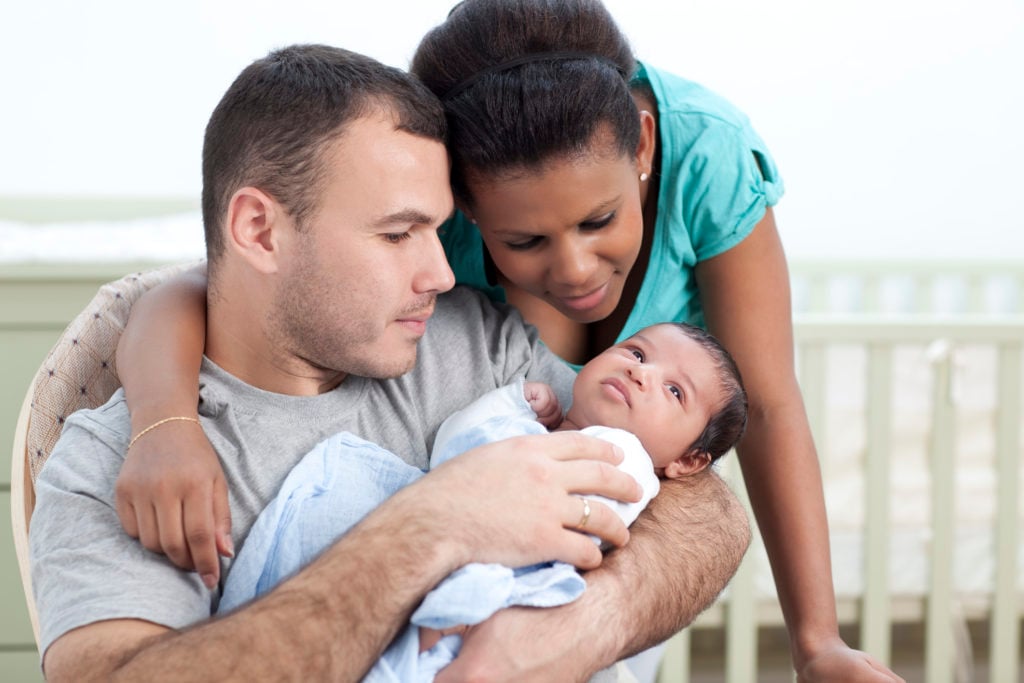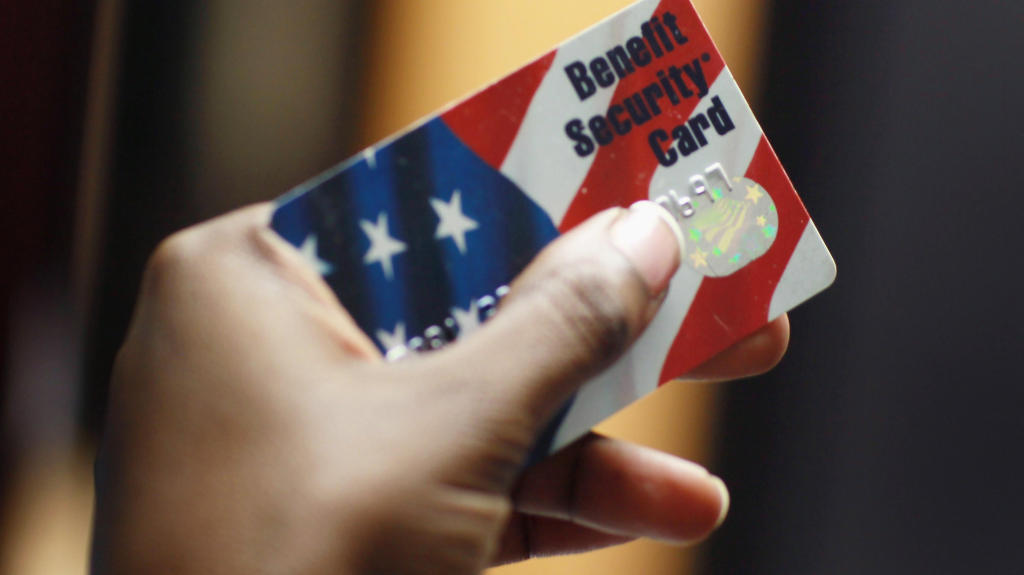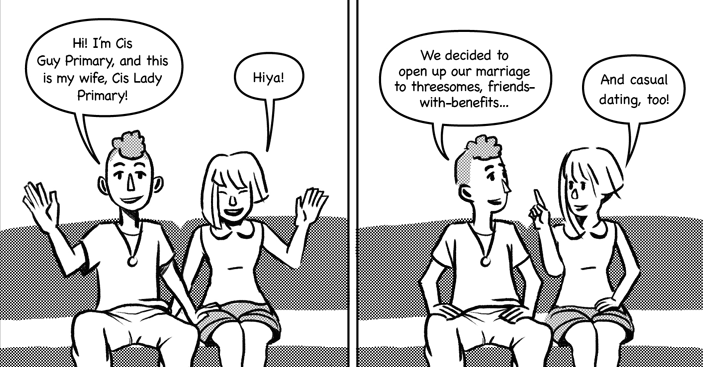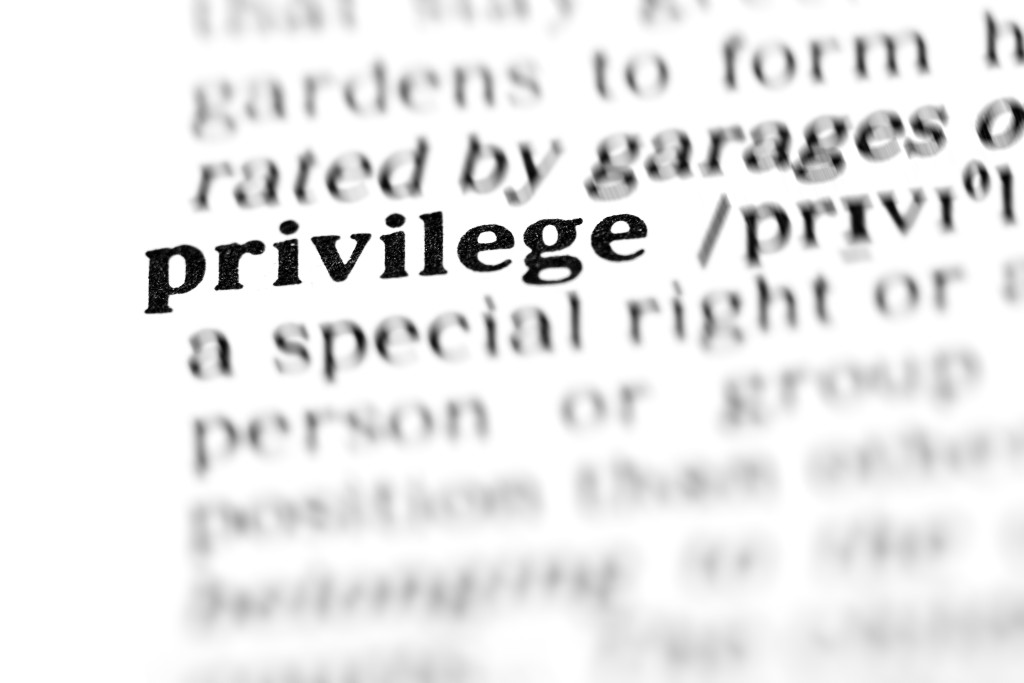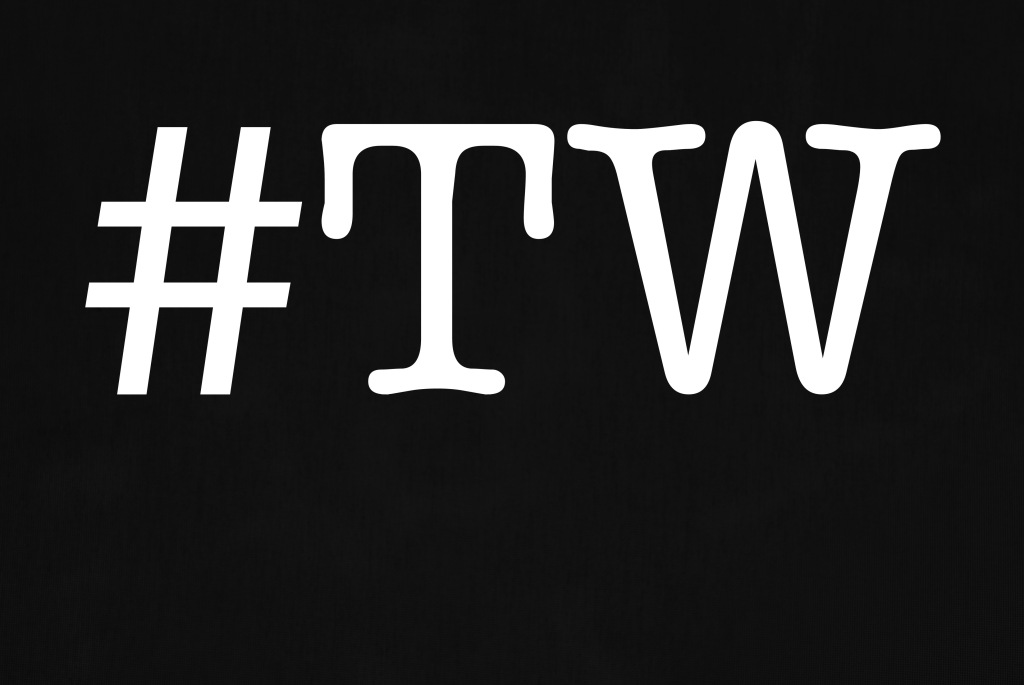Search results for: pregnant women
How Queerness Erased Bisexuality
I remained more invisible than I realized under a giant queer umbrella that I thought conveyed my truth, not realizing the extent to which no one could see it.
Read MoreHow I Broke the Silence and Confronted My Mother About Her Alcoholism
What’s it like to send your own mother to rehab? Here’s what it took for this author to face the elephant in the room of her mother’s addiction.
Read More6 Awesome Ways to Make Pride Events Less Exclusive
Pride can a wonderful space for LGBTQIA+ affirmation and celebration – but have you noticed who often gets left out? Here’s how to have fun Pride events without encouraging transphobia, ableism, racism, and more.
Read More5 Reasons Why It’s Not Okay to Wish Rape on Rapists
Reason #1: “It implies that rape is sometimes deserved.” Your anger is understandable – but here’s what’s dangerous about wishing for rapists to be raped.
Read More3 Things My White Husband Needs to Know About the Black Baby We’re Going to Have
“Our child’s life depends on it.” For a white parent of a black child, preparing for parenthood means learning these crucial lessons.
Read More8 Steps White Folks Can Take Before Unfriending a Bigot on Facebook
If you’re a racially aware white person, don’t purge your problematic white friends from social media – at least not yet. Try these these actions first.
Read MoreLet’s Talk About Sex Part I: Yes, It Starts at Birth
Bringing home a new baby is a mixture of unparalleled joy and equally intense stress. The last thing on your mind is probably the sexuality of your tiny infant. We don’t want to think of our innocent children as sexual beings but they are, especially in relationship to how they perceive their own body, which parents influence. And it all starts well before the first “birds and bees” discussion.
Read More3 Ways Popular Horror Movie Tropes Are Ableist
If you think it’s “just a movie” when horror movies use asylum tropes, you need to read this author’s account on how these tropes have a very real, very scary impact on mentally disabled and neurodivergent folks.
Read MorePut Out Internalized Racism: Why Solidarity Between People of Color Matters
When people of color internalize racism and become self-hating, they have made a mental link between worth and whiteness. When we strip ourselves of that lie, we can start to see ourselves as whole rather than deficient. And only when we see our wholeness and understand that we’re worth fighting for can we advance any movement that holds the best interests of people of color at heart.
Read MoreWriters & Activists! Here Are 5 Ways To Make Your Work More Accessible
The biggest challenge for me in finding social justice and feminism was how inaccessible a lot of the work was. At the time, I was an undergrad in college and my early introductions were through Women and Gender Studies and LGBTQ Studies courses. I absolutely loved those classes. During classroom discussions and while my professors…
Read More3 Ways to Responsibly and Compassionately Respond to Panhandling
Panhandling is when people ask for money in public spaces, and many people encounter it a daily basis. Here is a step-by-step guide to responding responsibly and compassionately to those who are panhandling.
Read More7 Common Myths About People on Welfare
Angry Americans have a lot to say about welfare. But how much do they really know about what welfare actually is, or about the people who need it?
Read More5 Radical Ways People Do Non-Monogamy That You Need to Know About
You might know about the type of non-monogamy that gets most mainstream media attention. But do you know these other relationship styles outside the status quo?
Read MoreWhat It Means To Be Adopted
As a society, we see adoption as a beneficial process, but there still remains a lack of understanding about adoption and far too many misconceptions about the process. It’s time to raise awareness, debunk longstanding myths, highlight outstanding needs, and give a deserving voice to those whose lives were changed by adoption.
Read MoreWhen Privilege Goes Pop: How Today’s Mainstream Conversations On Privilege Can Hurt Justice Movements
We live in a time when conversations about privilege have become incredibly commonplace. It feels like privilege has gone pop – and that’s not necessarily a good thing. Because when we talk about privilege, we must do so with the kind of complexity that holds people of privilege accountable. So how does pop cultural privilege discourse hurt movements for justice? Read on.
Read MoreUnschooling, Radical Self-Expression, and Other New-Age Necessities: Tips for Managing Your Life as a Nontraditional Thinking Parent
My daughters are the most eye-opening experiences I’ve had in my 36 years of living. They’ve helped me to see both my potential and my limitations, and they’ve helped me to understand the need for deeper, more consistent dialogue around self-exploration and radical self-expression. These understandings have led to some pretty radical shifts in how the four of us choose to live.
Read More5 Things Light-Skinned People of Color Say That Make Us Sound Like Racist White People
White people say the darndest things. And these days, many Black, Indigenous and People of Color (BIPOC), along with many White people, are in agreement that there are certain statements or ways of thinking that are classic evidence of a White person. You know, the kind of White person you wouldn’t want sitting on the…
Read MoreI Looked at a Rapist in the Mirror and Saw Him Smiling Back
“We can’t fix a system that we perpetuate without fixing ourselves, and we can’t fix ourselves until we admit that we need fixing.” This story is so important for ending rape culture.
Read MoreWhat, Why, When, Where, and How?: 5 Common Questions About Trigger Warnings Answered
If you’re at all involved with online social justice, you’ve probably encountered trigger warnings — and you’ve also probably seen some confusion about (and even push back against) them. Are they patronizing? Are they helpful? How do we use them? And what exactly ARE they? Here’s a primer on why, when, and where they can (and in some cases, should) be used.
Read MoreA Guide to Self-Care When Your Loved Ones Don’t Support Your Activism
What do you do with those relationships with people who don’t support your social justice activism? These self-care tips may help.
Read More




